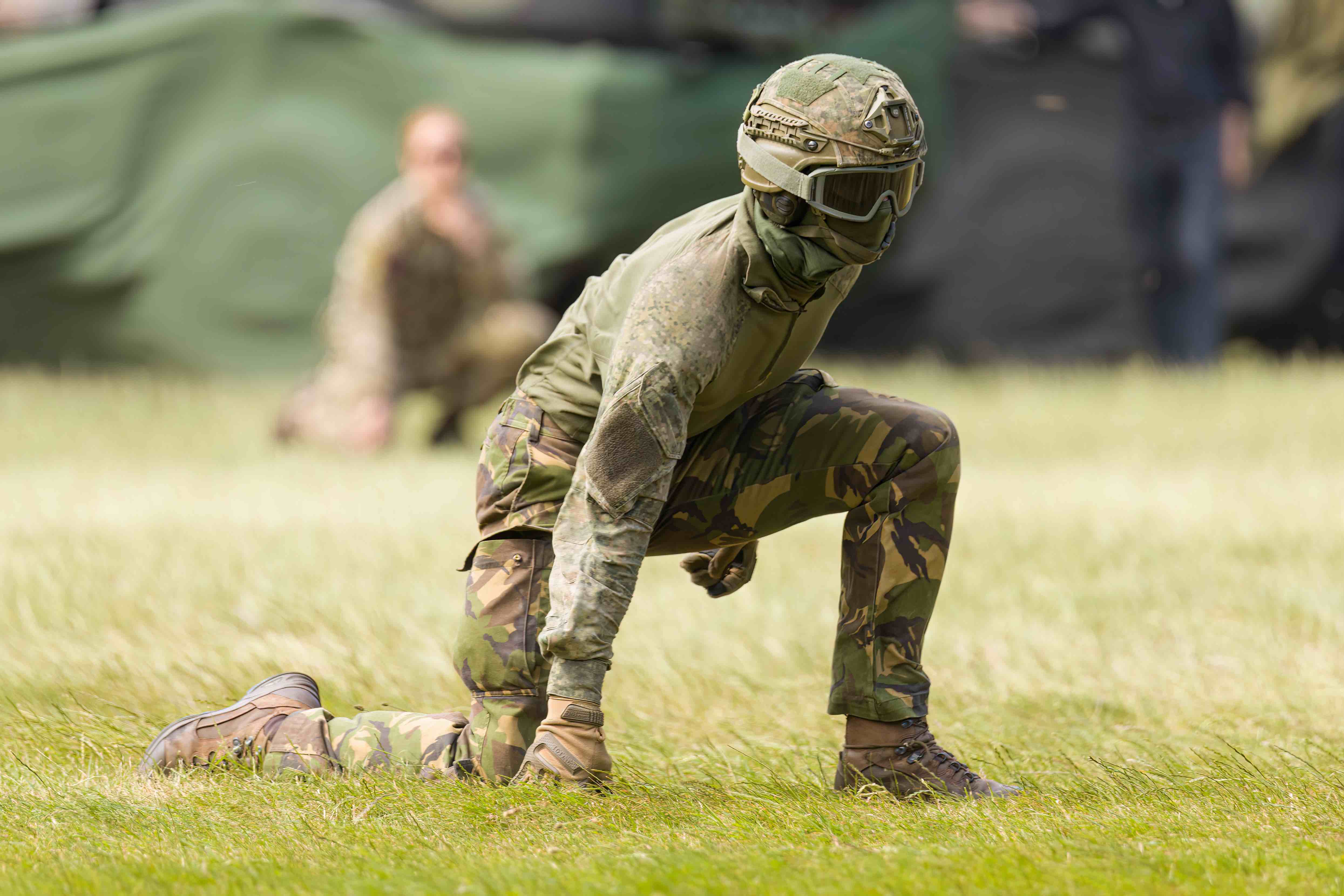The demands placed upon United States Air Force aviators are immense. Beyond the inherent risks and complexities of flying high-performance aircraft in challenging environments, they face unique stressors including rigorous training pipelines, frequent deployments, family separations, high operational tempos, and the constant pressure to maintain peak performance. Historically, a significant cultural barrier has existed within this community regarding seeking help, particularly for mental health concerns. Research indicated a pervasive fear that acknowledging stress or seeking medical attention could jeopardize flight status and career progression, leading many aviators to avoid healthcare altogether. One study highlighted by Air Force Capt. (Dr.) William Hoffman revealed that 72 percent of surveyed U.S. military pilots admitted withholding medical concerns due to these career worries. This avoidance poses risks not only to the individual's well-being but also to mission readiness and safety.
Recognizing this critical gap and the need for a proactive, culturally attuned solution, the U.S. Air Force initiated the Military Aviator Peer Support (MAPS) program. Modeled after successful peer support systems established in commercial aviation, MAPS provides a confidential, non-medical avenue for Air Force aviators—encompassing pilots, navigators, air battle managers, and other aircrew members—to find support among those who best understand their experiences: their peers.
A Bridge Built on Trust and Shared Experience
The core principle of MAPS is leveraging the trust and camaraderie inherent in the tight-knit aviation community. The program trains selected aircrew members, often recommended by their own peers for their reputation of being supportive, trustworthy, and empathetic, to serve as designated "Wingman Peers." These individuals are not therapists or counselors; rather, they are trained listeners equipped to offer understanding, validation, and confidential support to fellow aviators navigating operational or life stressors.
The training for MAPS Wingman Peers is designed to enhance their innate supportive qualities with specific skills. It often includes computer-based modules, potentially developed with partners like the Centre for Aviation Psychology, combined with intensive in-person training sessions. This training focuses on active listening techniques, practicing empathetic responses to various stress scenarios, understanding the unique stressors of military aviation, and becoming knowledgeable about the formal resources available within the Air Force support network.
Confidential Support and Resource Navigation
Confidentiality is a cornerstone of the MAPS program and crucial to its effectiveness in overcoming help-seeking barriers. Aviators can approach a Wingman Peer knowing their conversations will remain private, allowing for open discussion without fear of immediate career repercussions. This non-medical channel provides a safe space to talk through challenges, whether they stem from operational demands, deployment stress, relationship issues, or other life events.
Wingman Peers act as confidantes and sounding boards. They validate the normal human responses to stressors inherent in the profession. While they do not provide therapy, a significant part of their role is to educate their peers about available resources and act as a signpost, guiding individuals toward formal help when needed or desired. This may include connecting them with Chaplains, Military and Family Life Counselors (MFLCs), Mental Health professionals, or other support services. The MAPS program functions as an accessible first step, potentially encouraging aviators who might otherwise remain silent to eventually engage with formal care if their situation warrants it. Importantly, MAPS adheres to standard Air Force mandatory reporting requirements concerning safety, such as imminent risk of harm to self or others.
Fostering a Culture of Wellness and Readiness
The MAPS program, implemented through collaborations between operational units like the 86th Operations Group at Ramstein Air Base and medical research entities such as the 59th Medical Wing, aims to foster a cultural shift within Air Force aviation. By normalizing conversations about stress and mental well-being and providing a trusted, peer-based avenue for support, MAPS actively works to reduce the stigma associated with seeking help.
The benefits extend beyond individual well-being. Early intervention, facilitated by peer support, can prevent stressors from escalating into more significant crises that could impact an aviator's health and ability to fly. By helping aviators navigate challenges effectively and connecting them with resources, MAPS contributes directly to maintaining individual resilience, operational readiness, and overall mission effectiveness. Data is being collected from initial implementation sites to further evaluate the program's benefits and inform potential expansion.
The Military Aviator Peer Support program represents a vital Air Force initiative tailored to the specific needs and cultural dynamics of its aviation community. By empowering trained peers to provide confidential support and resource navigation, MAPS tackles long-standing barriers to help-seeking, promotes early intervention, and reinforces the principle that mental wellness is a critical component of readiness. It stands as a commitment to taking care of Air Force aviators, ensuring they have the support needed to manage the unique pressures of their profession and continue to Fly, Fight, And Win.



%201.svg)









